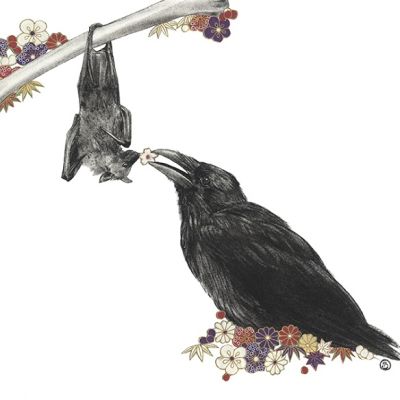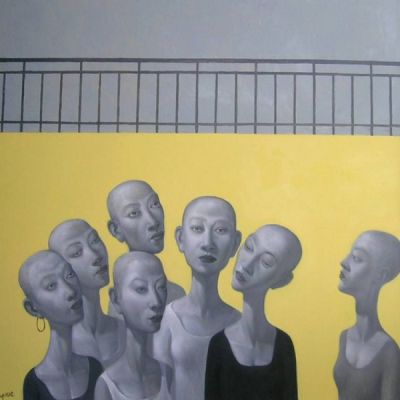Shikha Aleya
A Self-care Approach to Life – and Sexuality
Not everybody, everywhere, learns self-care, though most people learn how to wash their faces, brush their teeth, wear clean underwear, and lock the door to keep themselves safe.
By Shikha Aleya
February 3, 2017
A Disruptive Sexuality
People’s movements and sexuality. There is dissonance in this. Hugging trees, protesting dams, Swadeshi and boycott, anti-apartheid, anti-psychiatry, anti-war, child rights, flags, banners and marches. What does hugging a tree have to do with sexuality? Women’s rights, gay pride, these movements are people’s movements quite regularly seen in the frame and context of sexuality. But the others?
By Shikha Aleya
December 5, 2016
A Chicken Tikka Roll For Real Men
Bakasura Chicken Tikka Roll. 100% Wholesome. Made for Real Men. In the home delivery menu card of a local restaurant,…
By Shikha Aleya
October 1, 2015



